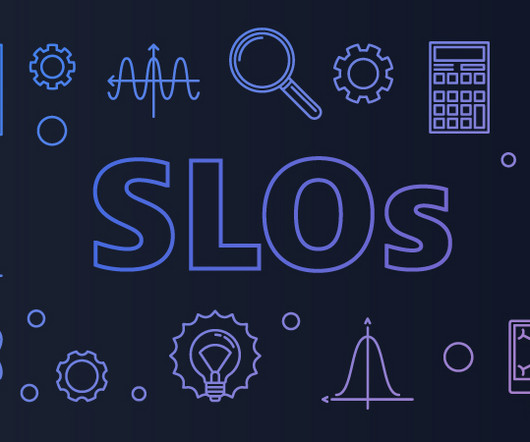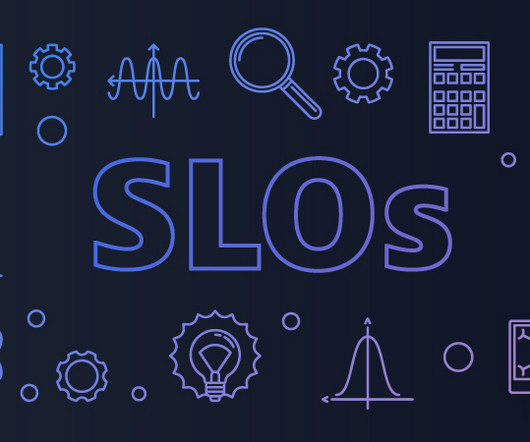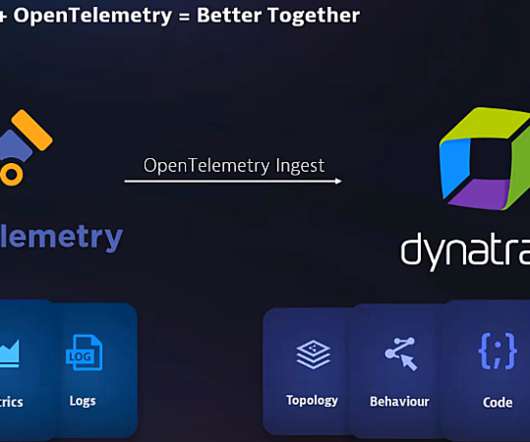Service level objective examples: 5 SLO examples for faster, more reliable apps
Dynatrace
JUNE 1, 2023
Service level objectives (SLOs) provide a powerful framework for measuring and maintaining software performance, reliability, and user satisfaction. Certain service-level objective examples can help organizations get started on measuring and delivering metrics that matter. or 99.99% of the time.













Let's personalize your content